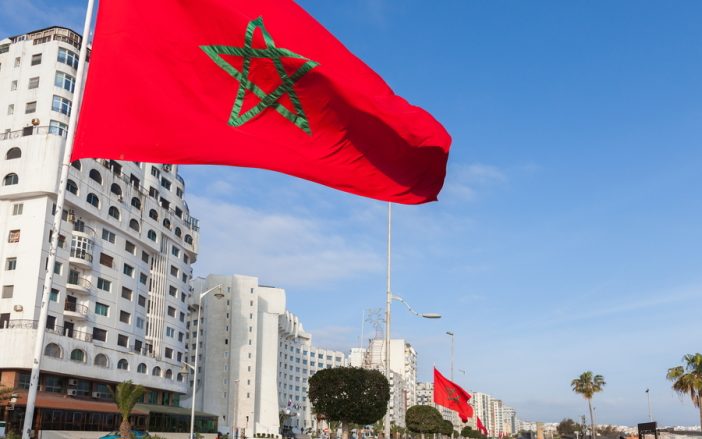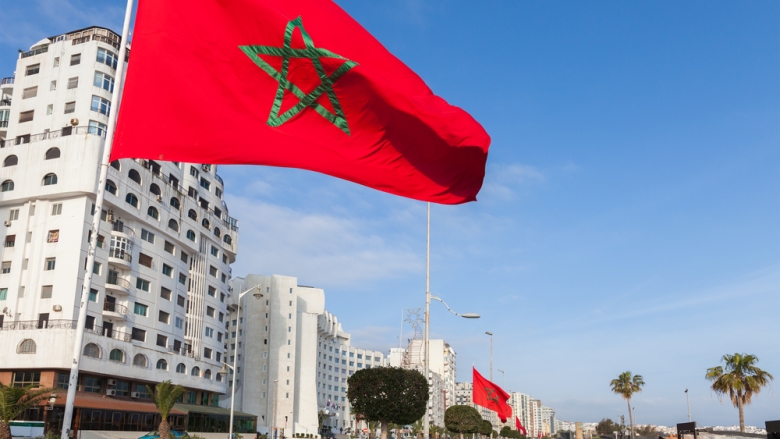Africa Business Communities
by: Bob Koigi
In the World Bank’s 2018 “Doing Business – Reforming to Create Jobs” report, Morocco again ranked number one in North Africa and third overall in the Middle East and North Africa region.
Morocco’s overall score (67.91) placed it over 10 points above the regional average (56.72) and a strong performer in comparison to Tunisia (63.58) and Algeria (46.71).
The report is the 15th annual report measuring regulations that enhance or inhibit business activity and focused on indicators that affect the ease of doing business: starting a business, dealing with construction permits, getting electricity, registering property, getting credit, protecting minority investors, paying taxes, trading across borders, enforcing contracts and resolving insolvency.
The World Bank report noted a number of noticeable improvements in Morocco and highlighted the country’s progress in starting a business and paying taxes, with improvements stemming from better use of technology for registration and filing.
According to the analysis, the focus on building a supportive business environment to attract foreign and domestic direct investment is directly linked to Morocco’s capacity for sustainable growth.
Morocco is moving steadily towards classification as a “Frontier” market, increasing the country’s attractiveness to investors, and the World Bank is not alone in recognizing Morocco’s progress.
Ernst and Young earlier this year ranked Morocco as one of the best business destinations on the continent and Credit Suisse named it one of the top ten countries for investors in frontier markets.
In a recent speech to the opening of Parliament, King Mohammed VI alluded to the importance of ensuring that economic growth was inclusive and benefited the greatest number of Moroccans:
“Moroccans today need balanced, equitable development which ensures dignity for all, guarantees income, provides jobs – especially for our young people – and contributes to building confidence, promoting stability and ensuring integration into professional, social and family life, a goal to which all citizens aspire.”
This commitment to equitable, inclusive, and youth-oriented growth was emphasized in last year’s World Bank report on Morocco and will continue to impact the metrics for ease of doing business for both international and Moroccan entities.
“Facing the future proactively and for the benefit of all of Moroccans is a keystone of King Mohammed VI’s vision for his country,” said Jean AbiNader, Executive Director of the Moroccan American Trade and Investment Center. “The Doing Business ranking is the latest indicator that Morocco is on the right path and it will continue to work hard and effectively to build its partnerships with local and international companies.”
www.worldbank.org








